XRP
$ 1.44414 USD
$ 1.44414 USD
$ 88.2003 billion USD
$ 88.2003b USD
$ 3.6797 billion USD
$ 3.6797b USD
$ 43.2027 billion USD
$ 43.2027b USD
60.9173 billion XRP
Ripple-related information
Issue Time
2011-04-18
Platform pertained to
--
Current coin price
$1.44414USD
Market Cap
$88.2003bUSD
Volume of Transaction
24h
$3.6797bUSD
Circulating supply
60.9173bXRP
Volume of Transaction
7d
$43.2027bUSD
Change
24h
+4.95%
Number of Markets
1797
Github Messages
More
Warehouse
None
Github's IP Address
[Copy]
Codebase Size
3
Last Updated Time
2016-02-27 09:42:19
Language Involved
--
Agreement
--
Crypto token price conversion
Current Rate0
0.00USD
XRP Price Chart
Ripple introduction
 Markets
Markets3H
+0.53%
1D
+4.95%
1W
-11.41%
1M
-31%
1Y
-38.87%
All
+24780.76%
| Aspect | Information |
| Short Name | XRP |
| Full Name | Ripple |
| Founded Year | 2012 |
| Main Founders | David Schwartz, Jed McCaleb, and Arthur Britto |
| Support Exchanges | Bitstamp, Kraken, Bitso, Coinone, and others |
| Storage Wallet | Ledger Nano S, Trezor Model T, and others |
| Customer Support | https://twitter.com/Ripple |
Overview of XRP
XRP can be categorized as a utility token, given its broad application in various financial and technological operations, rather than being a specific type of token like NFT, fan token, DeFi token, or game token.
XRP is a digital asset designed for high efficiency in the global financial services sector. It's notably fast and environmentally friendly, with transactions settling in just 3-5 seconds on the XRP Ledger (XRPL), a blockchain technology that is carbon-neutral. XRP's low transaction fees, averaging $0.0002, and the ability of its ledger technology to handle 3,400 transactions per second, make it a scalable choice. Since 2012, there have been over 80 million closed ledgers, indicating its stability.
Its sustainability is highlighted by being 61,000 times more energy-efficient than proof-of-work blockchains. Widely decentralized, the XRPL has a network of over 100 validators. Ripple uses XRP for fast, sustainable cross-border payment settlements, and the technology is also embraced by financial institutions, individuals, and developers.
Pros and Cons
| Pros | Cons |
| Fast transaction speed | Centralization concerns |
| Low transaction costs | Legal and regulatory concerns |
| Large-scale usability in financial industry | Unclear token utility |
| Open-source and peer-to-peer decentralized platform | Concerns over founder's control on token supply |
| Wide acceptance on popular exchange platforms | High volatility |
| Robust storage options | Limited usage outside banking sector |
XRP Price Prediction
Over the coming decades, XRP's price is expected to experience fluctuations. By 2030, the trading range is projected to be between $3.67 and $4.62. In 2040, our forecast suggests XRP could reach a peak price of $8.97,with a potential minimum around $7.16.Looking ahead to 2050, technical analysis indicates that XRP's price could range from $10.65 to $13.35,with an estimated average trading price of about $10.70.
XRP Wallet
The official XRP wallet, endorsed by over 6 million users, is designed for securely managing and storing XRP. Integrated with Ledger hardware wallets, it ensures top-level security, making it an ideal choice for both seasoned cryptocurrency enthusiasts and newcomers. This wallet stands out for its user-friendly interface, simplifying the process of transacting and managing XRP.
Available on both mobile and desktop platforms, the XRP wallet caters to a wide range of user preferences. For mobile users, it's accessible through iOS and Android, allowing easy download and installation from the Apple App Store or Google Play Store. This broad accessibility ensures that a majority of smartphone users can manage their XRP conveniently.
What Makes XRP Unique?
XRP, also known as Ripple, introduces a few innovative features that set it apart from many other cryptocurrencies. Firstly, its transaction speed is notably faster than traditional cryptocurrencies such as Bitcoin and Ethereum. While the latter can take minutes to hours for transaction settlement, XRP transactions are often settled in under 4 seconds. This rapid processing makes XRP a preferable option for real-time, cross-border transactions.
Secondly, XRP is specifically designed for use within the financial sector, particularly for international transfers between banks. This design focus led to the creation of the RippleNet network, a system that unifies banks, payment providers, digital asset exchanges, and corporate entities to provide more efficient financial transactions. This represents a different approach compared to many cryptocurrencies that aim for general-purpose usage.
How Does XRP Work?
XRP operates differently from many other major cryptocurrencies such as Bitcoin in a number of ways - from its creation to its transaction processing methods.
While Bitcoin utilizes proof-of-work (PoW) as its mining algorithm, where miners solve complex mathematical problems to validate transactions and create new blocks, XRP does not follow this principle. In fact, XRP can not be mined at all. All XRP tokens (100 billion of them) were pre-mined and issued by Ripple Labs, the company behind XRP, at its creation.
Instead of relying on mining, XRP uses a consensus protocol for validating transactions. This means that instead of competing to solve a problem, a collection of servers or nodes agree on the validity of transactions. Each node independently validates a transaction, after which the network achieves a consensus. This mechanism allows XRP to achieve much faster transaction times compared to Bitcoin and most other cryptocurrencies.
Exchanges to Buy XRP
1. Bitstamp: Based in Luxembourg, Bitstamp is one of the oldest and most trusted cryptocurrency exchanges. It offers trading pairs with XRP and other major cryptocurrencies.
2. Kraken: Kraken is a US-based digital currency exchange offering numerous cryptocurrency trading pairs, including with XRP. It is renowned for its security and comprehensive features.
See this link for details on how to buy XRP:https://pro.kraken.com/app/trade/XRP
How to buy XRP:
Buying XRP on Kraken can be a straightforward process if you follow these four steps:
Create and Verify Your Account: If you don't already have a Kraken account, you'll need to create one. Go to the Kraken website and sign up by providing your email address and creating a password. After signing up, you'll need to verify your account. Kraken may require different levels of verification depending on your intended trading activities, including personal identification documents for higher levels of account privileges.
Deposit Funds: Once your account is verified, you need to deposit funds into it. You can do this by navigating to the 'Funding' section on Kraken. Choose your preferred method of deposit (such as bank transfer or cryptocurrency transfer if you're depositing crypto). Follow the instructions to complete your deposit. Remember that transfer times can vary depending on the method you choose.
Find XRP to Trade: After your funds are available in your account, go to the 'Trade' section. Here, you can search for XRP. Kraken will show you the available trading pairs for XRP, such as XRP/USD, XRP/EUR, etc. Choose the pair that matches the currency you deposited.
Buy XRP: With the trading pair selected, enter the amount of XRP you want to buy. You can choose between different types of orders, such as a market order. Once you've entered your order details, review them for accuracy, and then submit your order. Your XRP purchase will be completed based on the order type you selected.
After purchasing, you can view your XRP balance in your account. Remember to use secure practices when trading and storing your cryptocurrencies.
3. Bitso: Bitso is a leading cryptocurrency exchange in Latin America and it supports XRP trading.
4. Coinone: Coinone is a South Korean cryptocurrency exchange that offers XRP trading for its users.
5. Binance: One of the largest and most popular exchanges globally, Binance hosts a significant volume of XRP trades with various pairings available.
How to Store XRP?
1. Hardware Wallets: These are physical devices that store cryptocurrency tokens offline. This “cold storage” method provides more security since it minimizes the risk of online hacks. Two notable hardware wallets supporting XRP are:
- Ledger Nano S: This wallet supports a wide variety of cryptocurrencies, including XRP. It keeps the private keys offline and secure.
- Trezor Model T: Trezor is another brand of hardware wallet, and the Model T version supports XRP.
2. Software Wallets: These are programs or applications that you can install on your computer or smartphone. While they're more susceptible to online threats compared to hardware wallets, they offer a high level of convenience.
- Toast Wallet: A free, open-source XRP wallet that is user-friendly and has a clear and straightforward interface.
- Exarpy: This is a web-based wallet for storing XRP. It is non-hosted, meaning you have full control over your keys.
Is It Safe?
When evaluating the safety of buying XRP on Kraken, several factors should be considered:
Hardware Wallet Integration: Kraken does not directly offer a hardware wallet, but users can transfer their XRP from Kraken to a personal hardware wallet for enhanced security. Hardware wallets provide an additional layer of security by storing cryptocurrencies offline, making them less vulnerable to online hacking attempts. After purchasing XRP on Kraken, it's a recommended practice to transfer the tokens to a hardware wallet for long-term storage.
Exchange's Technical Security Standards: Kraken is known for its high technical security standards in the industry. The exchange implements robust security measures, including two-factor authentication (2FA), SSL encryption, and a comprehensive range of security features to protect users accounts and assets. Additionally, Kraken's history of security and its commitment to continuous improvement in this area have contributed to its reputation as a secure platform for trading cryptocurrencies.
Token Address Security: The security of token transfers on Kraken, like with any other reputable exchange, is high. When you transfer XRP or any other cryptocurrency, the transaction occurs over a secure and encrypted address. This ensures that the tokens move securely from one wallet to another, minimizing the risk of interception or fraud.
XRP Good investment market
- 1
- 2
- 3
- 4
- 5
Ripple User Reviews
Ripple News
ExchangeXRP Price Prediction 2026: Current Analysis After the Crash – News, Chart & Outlook
The crypto market has just experienced some turbulent weeks – and right in the spotlight is $XRP. Du
2026-02-08 01:00

TokenPhoenixReborn Shares XRP Targets for February 2026 After $1.10 Bottom
After $XRP price revisited the $1 range this week, analysts are now forecasting what comes next amid
2026-02-07 20:02
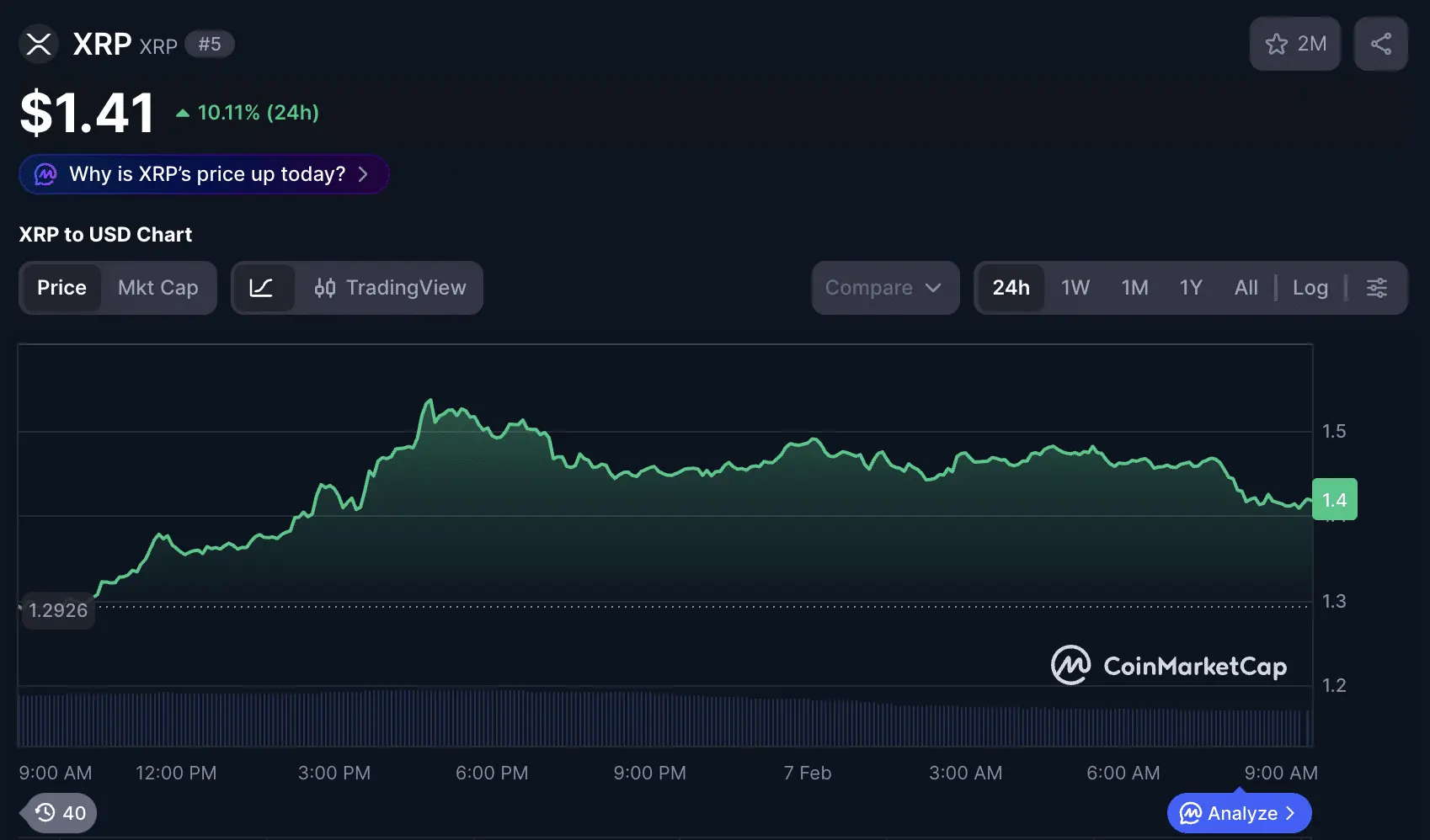
TokenXRP Still in Bull Market Versus Bitcoin, and XRP/BTC Chart Puts 51% Upside on the Menu
While most of the crypto market is dealing with the implications of yesterday's multibillion bloodba
2026-02-07 19:02
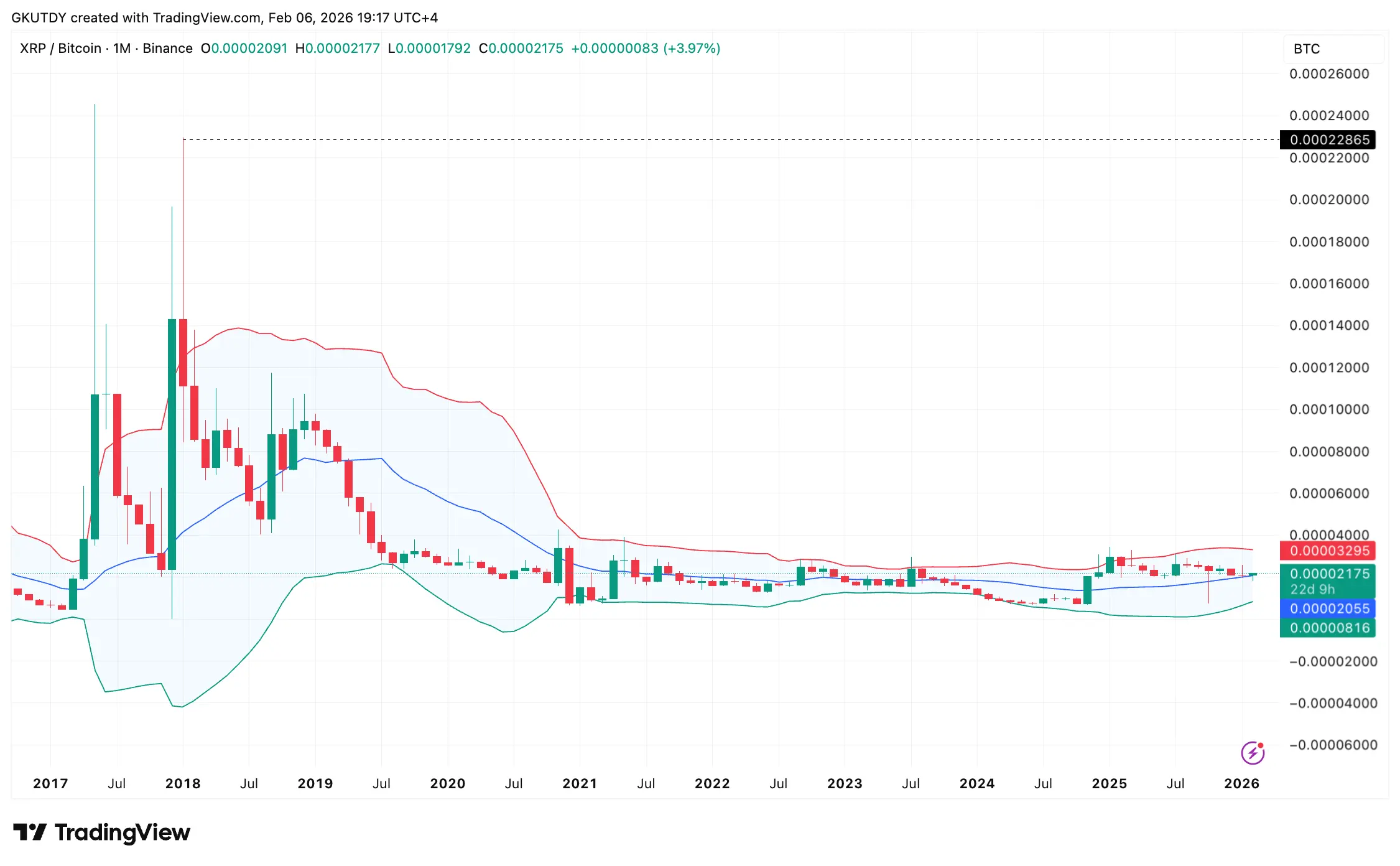
TokenXRP Now Hosts Over $1B Worth of Tokenized Commodities
The $XRP Ledger now hosts over $1 billion worth of tokenized commodities, making these financial pro
2026-02-07 19:02
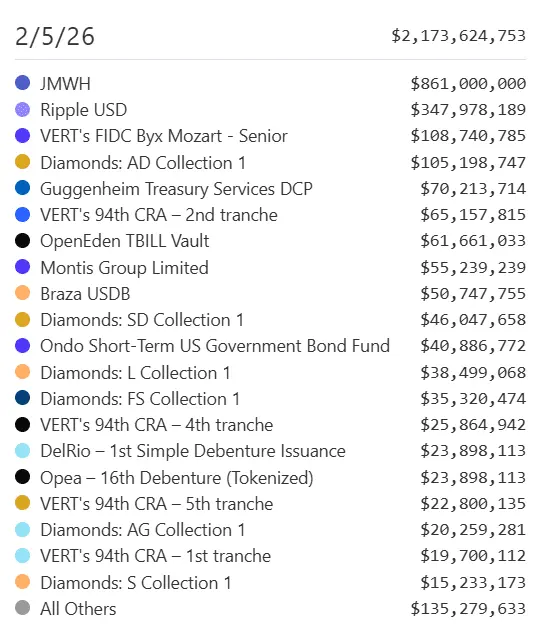
TokenXRP Rebounds as Whale Accumulation and Network Activity Signal Price Reversal
$XRP is rebounding sharply as crypto risk appetite returns, according to a new analysis highlighting
2026-02-07 18:03
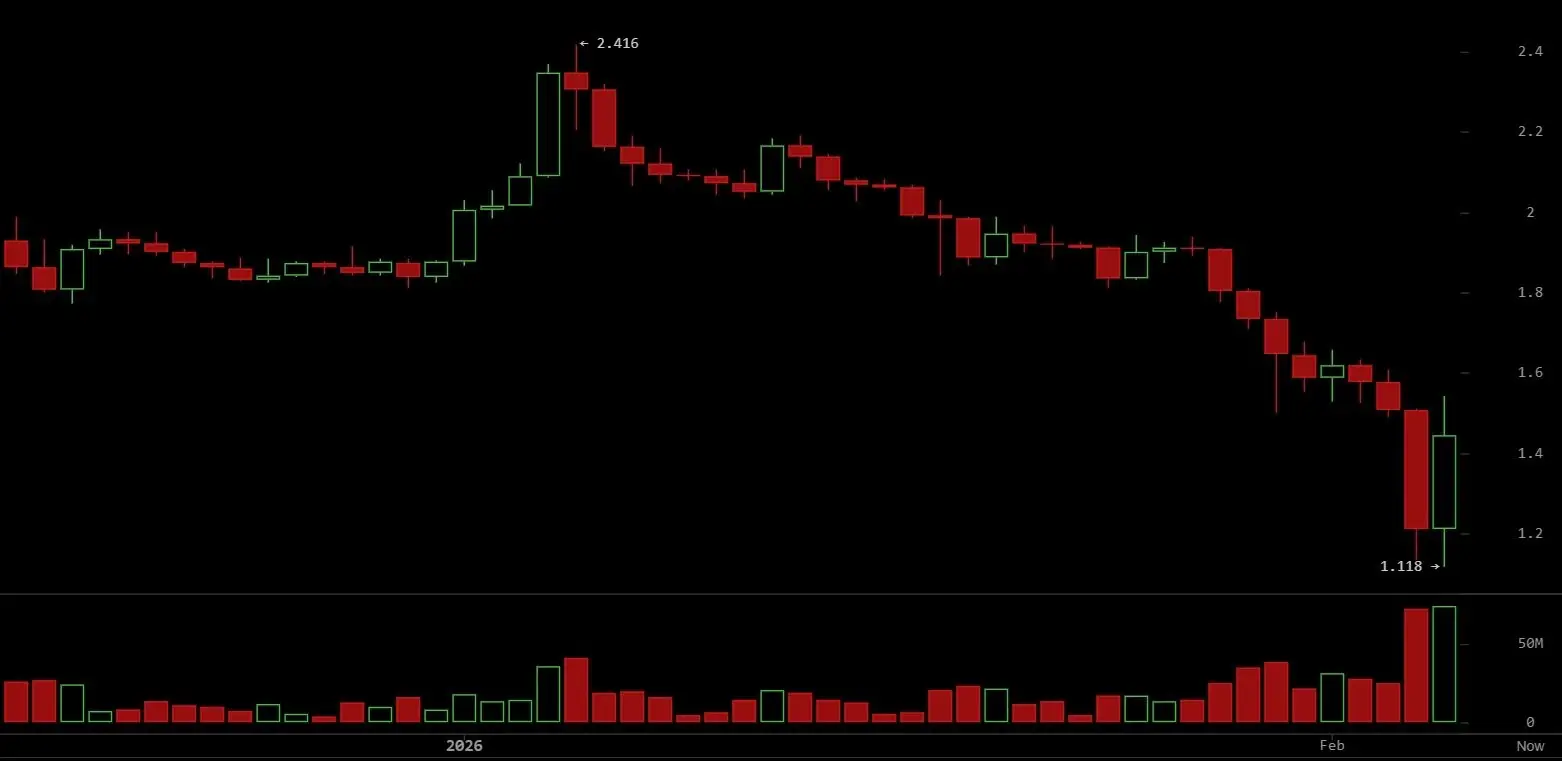
TokenCrypto Market Review: $500,000,000 in XRP Buying Volume, Shiba Inu (SHIB) Surprisingly Bullish, Will Bitcoin (BTC) Be Saved Before $50,000?
The market has been beaten up dramatically. Unfortunately, a quick recovery will not come after such
2026-02-07 09:02
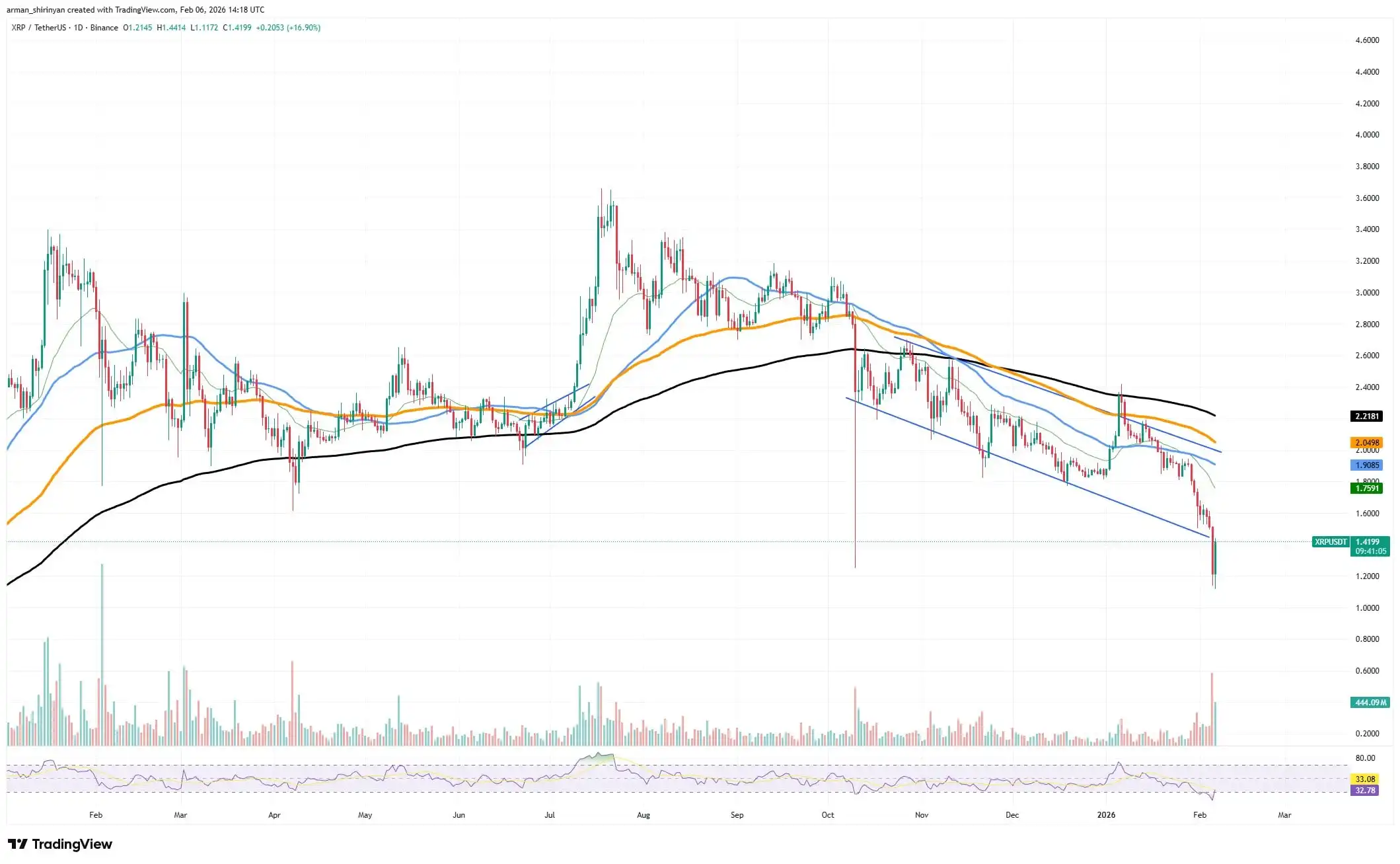
TokenBTC, ETH, XRP, ADA and SHIB Price Analysis for February 6
The crypto market is facing one of the biggest dumps in recent times, according to CoinMarketCap.$BT
2026-02-07 02:03
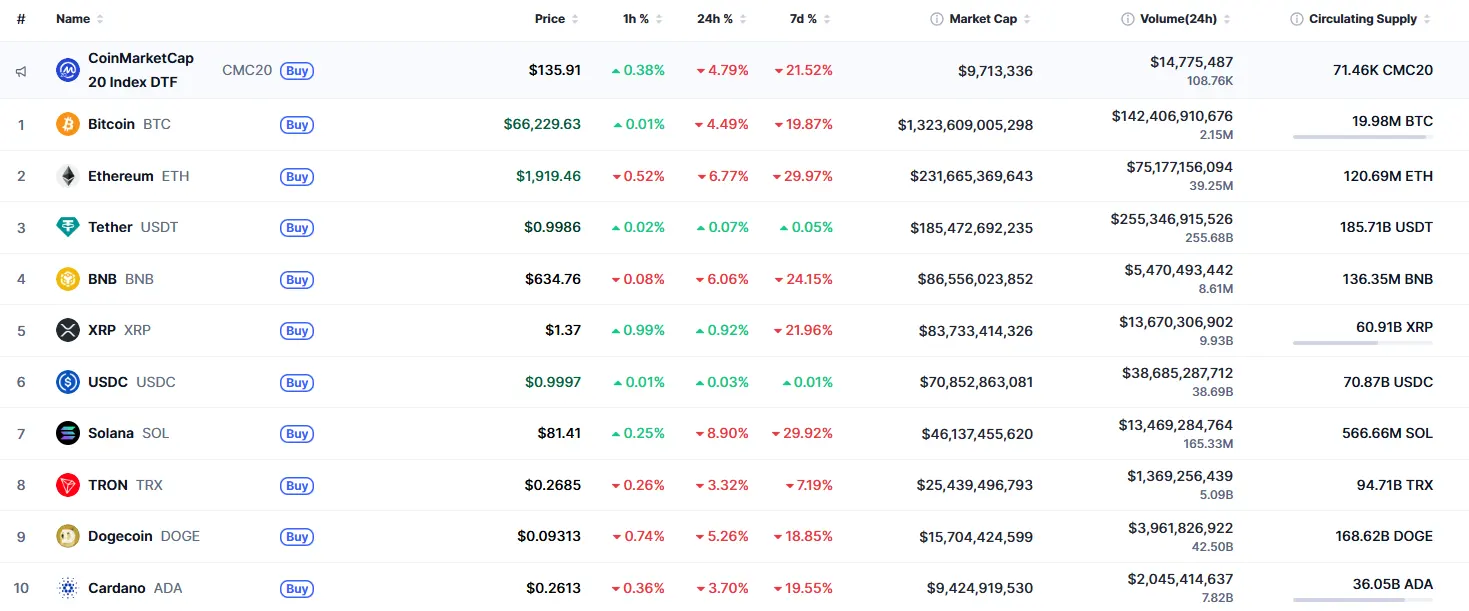
ExchangeXRP and Shiba Inu (SHIB) in Focus: Is Latest $1,000,000,000 USDT Mint a Bear Market Turning Point?
According to Whale Alert, a fresh $1,000,000,000 $USDT mint has entered the crypto market today, lan
2026-02-07 02:00

TokenWhy XRP Dumping Harder Than Others: Pundit Explains
Expert commentaries suggest $XRP may be dumping harder than other crypto assets because it represent
2026-02-06 23:02
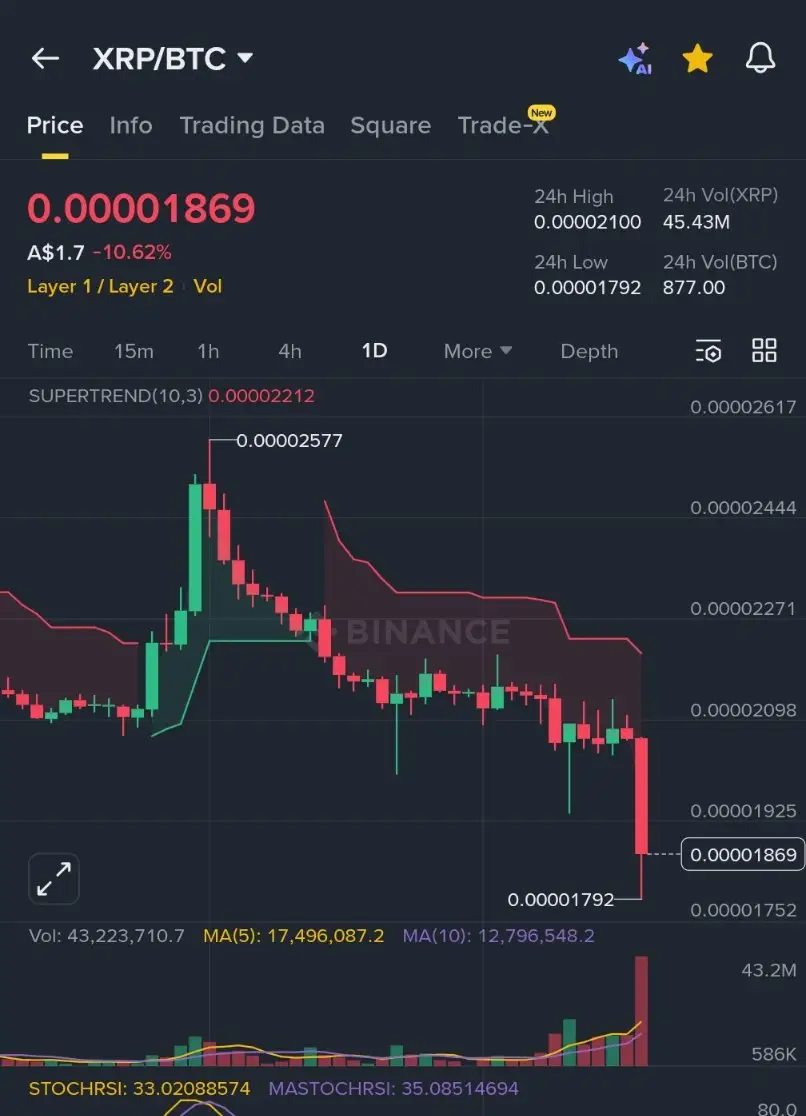


171 ratings
View all comments